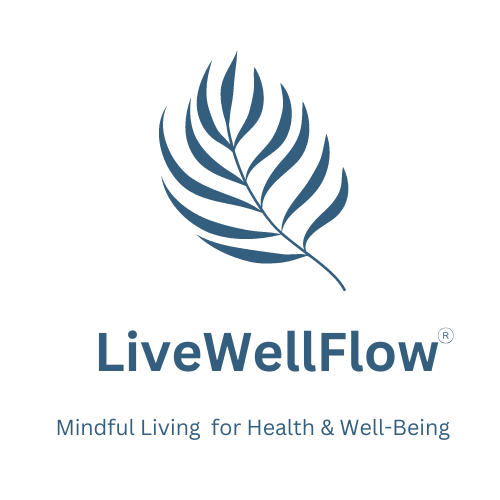How Mindfulness Helps You Avoid Being Limited By Old Beliefs
Jun 24, 2024
Your fundamental beliefs about yourself have a deep influence on your life. You may not have given many of them much thought. You may not even be conscious of some of them. Mindfulness can help with that.
These beliefs may be about religion, physical attributes like your weight, your intelligence and ability, the role you are meant to play as a man or woman, which careers make you worthy and which do not. These are but a few examples.
Try these three fundamental attitudes of mindfulness to help you shift out of beliefs that undermine your well-being and build beliefs that support you:
Beginners Mind
A fundamental principle of mindfulness is beginner's mind. With a beginner’s mind we take a fresh look at our beliefs. Your previous beliefs and knowledge can prevent you from gaining new knowledge, including about yourself, that may affect how you want to show up in this world. If you think you know something already, you won’t be open to new views. When someone starts to share something with you, be open to what you hear. Even if you know something really well, you don’t know everything or understand all perspectives. I know this is a real challenge for those of us who are know-it-alls. ✋ If you pretend that you’re a mere novice though, you’ll have a better chance of gaining knowledge that eludes you about yourself, others, and the world around you in general.
Curiosity
Broaden your perception. Ask more questions. Be curious. Avoid believing that you already know the answer because of your previous experience. You can learn while you listen. You can’t learn while you’re speaking. Ask questions and then carefully listen to the answer.
I also invite you to determine if your beliefs are truths, or merely just beliefs. While beliefs are personal, truths don’t require constant validation. The inevitability of death is a truth. Your real age or height is a truth.
Explore where your belief came from. If you believe that you are not worthy of love if your weight exceeds a certain number on a scale, how did you decide that? Or, if you believe that you do not deserve to be healthy and content because so many people around you are suffering, what is the source of that belief? If you believe that taking care of your health is a selfish act, where did that message come from? Many of our beliefs come from our parents, but not all of them. We are bombarded with messages from the culture at large. Determine the source of your beliefs and ask yourself if that idea is worth holding on to regardless of its source.
Non-identification
Let go of your identity. Our identities are largely built around our beliefs. We might believe:
● “I’m an overeater.”
● “I’m not that smart.”
● “I am the smartest person in the room.” ‘
● “I am an attorney…doctor…teacher…..” That is who I am.
● “My brother, he’s the one who got the math gene. I’m no good with numbers.”
We take our beliefs, good or bad, and associate with them. What we tell ourselves matters. It’s hard to achieve or believe something outside of your identity. Shed the labels and sit in the awareness that you are worthy without them.
There can be real costs to limiting beliefs about your value and ability. Some beliefs come with a heavy price. Bring some non-judgmental mindfulness awareness to the inquiry. Look at your beliefs and consider the impact they are having on you. Since beliefs are personal and alterable, think about which of your beliefs are making your life more challenging. When a belief doesn’t serve you, you’ll be more interested in letting go of it.
We all have beliefs but some of them are unhealthy, unhelpful, and very limiting. Take a look under the hood of your beliefs, through meditation or other introspective and contemplative practices, and you’ll have an easier time of finding your truth.
For suggestions on how to integrate mindfulness into your life and cultivate these mindful qualities, download our guide on 23 Ways to Integrate Mindfulness into Your Life.
